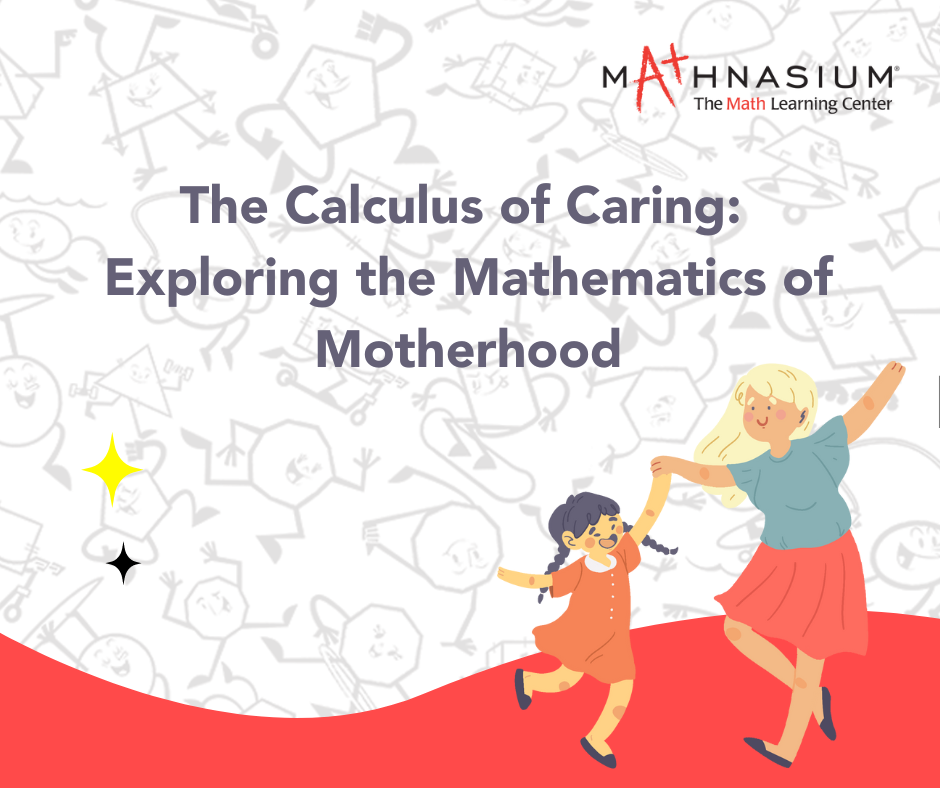Motherhood, an intricate tapestry of love, sacrifice, and nurturing, is often seen as an art form—a masterpiece painted with tender care and boundless affection. However, beneath the surface of this profound human experience lies a complex mathematical framework, where equations of responsibility, time management, and resource allocation intersect. Let's delve into the mathematical underpinnings of motherhood and uncover the formulas that shape this remarkable journey.
First and foremost, motherhood demands a keen sense of balance, akin to solving an intricate equation. Juggling multiple tasks—feeding, cleaning, comforting—requires precise coordination and efficient allocation of time. Mothers must optimize their schedules to maximize productivity while ensuring their child's needs are met. This delicate equilibrium resembles the principles of calculus, where the optimization of functions governs the allocation of resources to achieve the best possible outcome.
Moreover, the exponential growth experienced in early childhood mirrors the exponential functions found in mathematics. As children develop, their needs evolve rapidly, akin to the explosive growth of exponential equations. Mothers must adapt swiftly, anticipating and accommodating these changes to maintain equilibrium within the family dynamic.
Furthermore, the concept of probability plays a significant role in motherhood. From assessing risks to making decisions, mothers constantly navigate uncertain terrain. Like skilled statisticians, they weigh the probabilities of various outcomes and make informed choices to safeguard their children's well-being. Whether it's choosing the safest route for a family outing or evaluating the likelihood of illness, mothers rely on probabilistic reasoning to navigate the complexities of parenthood.
Additionally, the concept of geometric progression offers insights into the interconnectedness of motherhood. Just as geometric sequences build upon each preceding term, the bonds between mother and child deepen over time. Every interaction, every moment shared contributes to the exponential growth of love and connection—a testament to the profound mathematics of human relationships.
Furthermore, the concept of algebraic equations can be applied to the emotional landscape of motherhood. Like variables in an equation, emotions fluctuate and intersect, forming complex patterns that defy simple explanations. Mothers must solve these emotional equations, finding solutions that nurture their own well-being while tending to the needs of their children.
Moreover, the principles of game theory offer valuable insights into the dynamics of parenting. Negotiating with a stubborn toddler or resolving conflicts between siblings can resemble a strategic game, where each decision influences the outcome of the interaction. By employing tactics such as cooperation and compromise, mothers strive to achieve mutually beneficial outcomes, fostering harmony within the family unit.
In conclusion, the mathematics of motherhood encompasses a diverse array of principles—from calculus and probability to algebra and game theory. By applying these mathematical concepts to the challenges of parenting, mothers navigate the complexities of child-rearing with precision and grace. Through a combination of intuition and calculation, they sculpt a future filled with love, growth, and infinite possibilities. As we unravel the equations of motherhood, we gain a deeper appreciation for the remarkable women who balance the equations of caring with unparalleled skill and dedication.



 (516) 484-6284
(516) 484-6284








